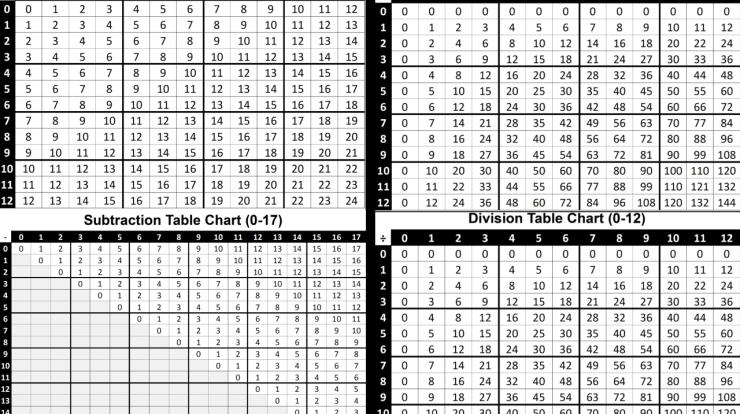Round 9.05 to the nearest tenth. – As the topic of rounding 9.05 to the nearest tenth takes center stage, this comprehensive guide delves into the intricacies of this mathematical operation, providing a clear and engaging exploration of its concepts, methods, and practical applications.
Rounding numbers, particularly to the nearest tenth, plays a crucial role in various fields, including finance, measurement, and data analysis. This guide will equip readers with a thorough understanding of the techniques involved in rounding numbers and their significance in real-world scenarios.
Rounding Numbers: Round 9.05 To The Nearest Tenth.
Rounding numbers to the nearest tenth is a way to approximate a number to the nearest tenth place. To round a number to the nearest tenth, look at the hundredth place. If the hundredth place is 5 or greater, round up the tenth place by one.
If the hundredth place is less than 5, leave the tenth place the same.
For example, to round 1.25 to the nearest tenth, look at the hundredth place (5). Since 5 is greater than or equal to 5, round up the tenth place (2) by one, resulting in 1.3.
To round 1.24 to the nearest tenth, look at the hundredth place (4). Since 4 is less than 5, leave the tenth place (2) the same, resulting in 1.2.
Methods for Rounding
Rounding is a mathematical operation that simplifies a number by removing its least significant digits. There are two common methods for rounding numbers: rounding up and rounding down.
Rounding Up
Rounding up involves increasing the last remaining digit by one if the digit in the hundredths place is 5 or greater. For example, 3.15 rounded up to the nearest tenth is 3.2, and 4.67 rounded up to the nearest tenth is 4.7.
Rounding Down
Rounding down involves leaving the last remaining digit unchanged if the digit in the hundredths place is less than 5. For example, 2.84 rounded down to the nearest tenth is 2.8, and 1.23 rounded down to the nearest tenth is 1.2.
Rounding in Practice
Rounding to the nearest tenth is a valuable skill used in various real-world scenarios. It simplifies complex calculations and improves the accuracy of estimations.
Finance
In finance, rounding to the nearest tenth is crucial for calculating interest rates, stock prices, and currency exchange rates. For instance, a stock price of $123.456 may be rounded to $123.5, providing a clearer representation of its value for investors.
Measurement
In scientific and engineering measurements, rounding to the nearest tenth ensures consistency and precision. For example, a distance measured as 15.678 meters can be rounded to 15.7 meters, making it easier to compare with other measurements.
Data Analysis, Round 9.05 to the nearest tenth.
Data analysis often involves large datasets, and rounding to the nearest tenth can simplify calculations and improve readability. For instance, a dataset containing average temperatures of 25.34, 24.89, and 26.12 degrees Celsius can be rounded to 25.3, 24.9, and 26.1 degrees, making it easier to identify trends and patterns.
Examples and Exercises
To reinforce your understanding of rounding to the nearest tenth, let’s explore some examples and practice exercises.
List of Rounded Values
The following table provides a list of numbers and their rounded values to the nearest tenth:
| Number | Rounded Value |
|---|---|
| 12.34 | 12.3 |
| 17.68 | 17.7 |
| 24.95 | 25.0 |
| 31.21 | 31.2 |
| 45.89 | 45.9 |
Practice Exercises
Test your understanding of rounding to the nearest tenth by completing the following exercises:
- Round 14.76 to the nearest tenth.
- Round 28.32 to the nearest tenth.
- Round 51.94 to the nearest tenth.
- Round 67.28 to the nearest tenth.
- Round 93.57 to the nearest tenth.
Questions and Answers
What is rounding to the nearest tenth?
Rounding to the nearest tenth involves adjusting a number to the closest tenth value. For example, 9.05 rounded to the nearest tenth becomes 9.1.
How do I determine whether to round up or down?
To determine whether to round up or down, examine the digit in the hundredths place. If it is 5 or greater, round up; if it is less than 5, round down.
Can I use a calculator to round numbers?
Yes, most calculators have a rounding function that can be used to round numbers to the nearest tenth or other specified decimal places.

